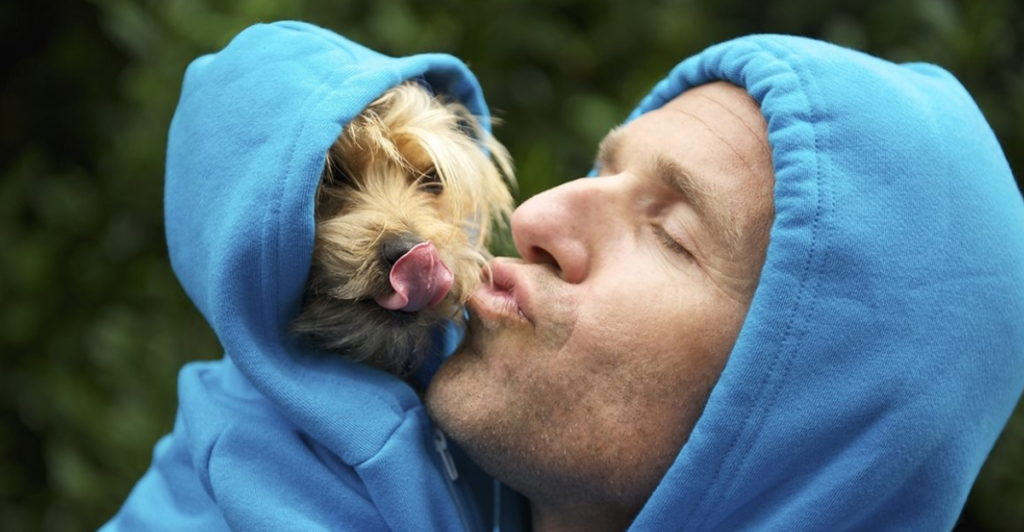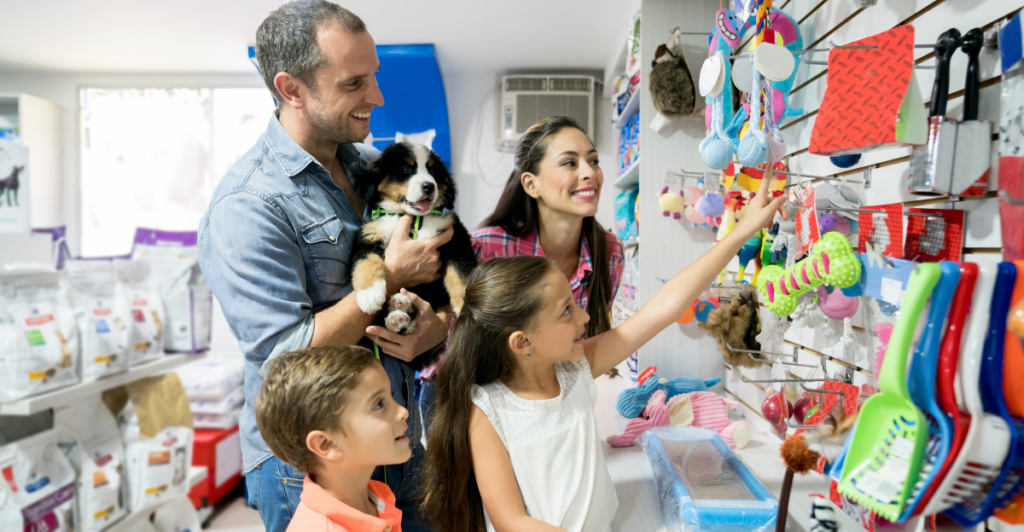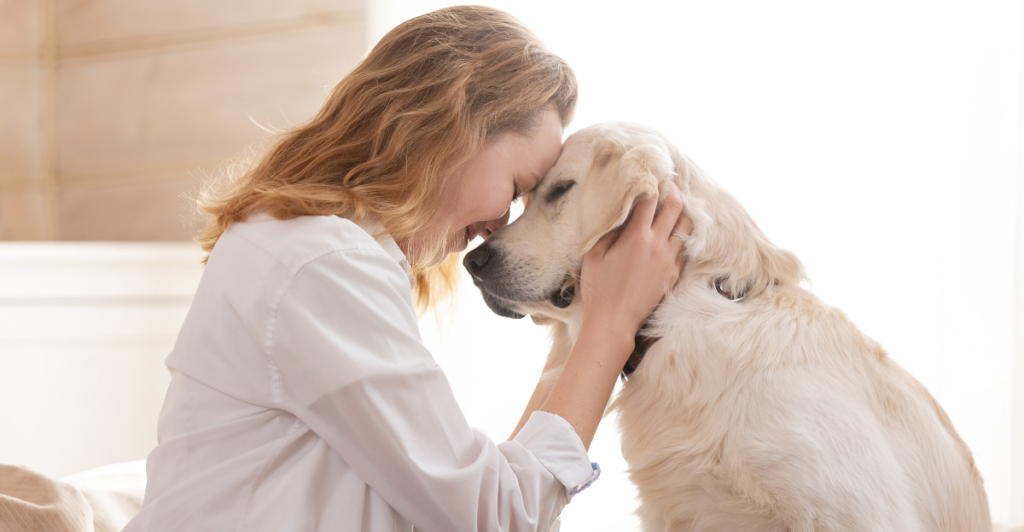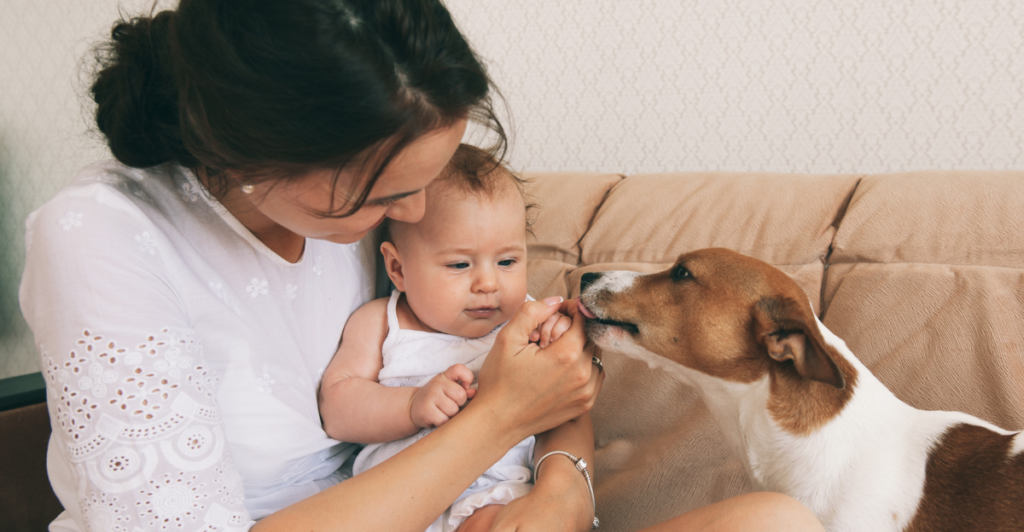
Pet parenting has taken the world by storm in 2024, with pet owners going to extraordinary lengths to care for their furry companions. From birthday parties and custom wardrobes to therapy sessions and specialized diets, the line between pet parenting and human parenting is increasingly blurred. But is this trend of anthropomorphizing pets healthy for both animals and humans? Experts and statistics reveal surprising insights into this booming phenomenon.
The Rise of Pet Parenting

According to a 2024 survey by the American Pet Products Association, over 68% of U.S. households now own a pet, and annual spending on pet care has skyrocketed to $150 billion. Millennials and Gen Z are leading this trend, often referring to themselves as “dog moms” and “cat dads.” Social media hashtags like #FurBaby and #PetParenting have millions of posts showcasing pets being treated like children.
Like A Real Child

One notable example is 30-year-old Alyssa Morgan from Seattle, who threw a $5,000 “bark mitzvah” for her Labrador retriever, Max. The event featured a canine cake, professional photography, and personalized doggy bags for other four-legged guests. “He’s my baby, and he deserves the best,” Morgan explained.
Human-Like Luxuries for Pets

Beyond parties, the luxury pet market has seen exponential growth. Custom pet furniture, such as memory foam dog beds with heating options, and gourmet pet meals featuring organic, human-grade ingredients are becoming standard. One Boston-based company, PetPalace, launched a subscription service in 2024 for weekly delivery of freshly prepared pet meals, boasting a 300% growth in new customers compared to 2022.
Even mental health services for pets are thriving. Veterinary behaviorist clinics now offer pet counseling for anxiety and depression. Dr. Laura Spencer, a veterinary psychologist, noted a 50% increase in bookings this year, with many owners seeking support for pets struggling with separation anxiety post-pandemic.
Is Anthropomorphizing Healthy for Pets?

Critics argue that treating pets like humans may not always be beneficial. Dr. Megan Parker, an animal behaviorist, warns that humanizing pets could inadvertently harm their well-being. “Dogs and cats have different psychological and social needs than humans,” Parker explained. “Dressing a dog in clothes might look cute, but it can cause overheating and discomfort. Similarly, feeding pets human food can lead to obesity and health complications.”
A 2024 study by the University of California revealed that 27% of pets in the U.S. are overweight or obese, partly due to owners feeding them calorically dense “treats” that mimic human snacks. Parker emphasized the importance of balancing affection with understanding the animal’s natural instincts.
The Emotional Toll on Owners

Treating pets as surrogate children can also take an emotional toll on owners. Pet owners are increasingly experiencing “pet parenting burnout,” a term coined in 2023 to describe the stress of over-caring for pets. A recent poll by Pew Research Center found that 42% of pet owners admitted to feeling overwhelmed by the responsibilities of pet care, particularly young professionals juggling careers and pets.
“People underestimate the commitment,” said Kevin Zhou, a Chicago-based pet trainer. “When you see Instagram influencers posting about their pampered pets, it looks glamorous, but behind the scenes, many owners struggle to meet the needs of their animals while managing their own lives.”
Comparing Real Parenting and Pet Parenting

Critics argue that the surge in pet parenting reflects broader societal shifts. With declining birth rates in many developed nations, some speculate that pets are increasingly filling the void of traditional parenthood. The U.S. birth rate in 2024 fell to 1.6 children per woman, the lowest in decades, while the pet adoption rate rose by 18% compared to 2019.
This shift raises questions about the difference between caring for a pet and raising a child. Parenting expert Dr. Linda Cohen noted, “While pets bring joy and companionship, they don’t require the same level of emotional and financial investment as children. Equating the two diminishes the unique challenges of real parenting.”
The Financial Divide

Raising a child costs an average of $310,000 from birth to age 18 in the U.S., according to 2024 data from the USDA. In contrast, lifetime spending on a dog or cat typically ranges from $15,000 to $50,000. While pet parenting may appear more manageable financially, the growing costs of luxury pet care are starting to rival human parenting expenses.
“Some of my clients spend more on their pets’ wardrobes than their own,” said Los Angeles-based pet stylist Michelle Kim. “It’s a reflection of how deeply attached people are to their pets, but it also signals a shift in priorities.”
Benefits of Pet Parenting

Despite concerns, the trend has undeniable benefits. Pet parenting has been linked to improved mental health for owners, reducing loneliness and fostering a sense of purpose. A 2024 study by Harvard Medical School found that pet owners were 30% less likely to experience depression and reported lower levels of stress overall.
“Caring for a pet can teach empathy and responsibility,” said Cohen. “For childless couples or single individuals, pets often provide emotional fulfillment that might otherwise be missing.”
Cultural Shifts in Pet Treatment

Globally, the perception of pets has shifted dramatically. In countries like Japan, where the aging population is increasing, “pet humanization” is particularly prominent. Japanese pet cafes now offer full-course meals for dogs, and robots designed to resemble pets are marketed to older adults seeking companionship.
Similarly, in Europe, countries like Germany have introduced laws protecting pets’ emotional well-being, recognizing them as sentient beings rather than property. Such policies underscore the growing recognition of pets as family members rather than mere animals.
Backlash Against the Trend

Not everyone is on board with the rise of pet parenting. Critics argue that it reflects misplaced priorities, particularly in light of global issues like poverty and climate change. “Spending thousands of dollars on pet accessories while millions of people lack basic necessities feels tone-deaf,” said activist James Holloway.
Others point to the environmental impact of luxury pet products, which often involve unsustainable materials or excessive packaging. A 2024 Greenpeace report found that the pet industry contributes significantly to global plastic waste.
A Balanced Approach

As the debate continues, experts advocate for a balanced approach to pet care. “Loving your pet doesn’t mean treating it like a human,” said Parker. “It means understanding its needs as an animal and creating an environment that supports its natural behaviors.”
Organizations like the Humane Society have launched campaigns encouraging responsible pet ownership, focusing on meeting pets’ basic needs while discouraging excessive indulgence.
Pets as Family, Not Humans

In 2024, pets are undeniably part of the family, but treating them as human children can have unintended consequences. While the rise of pet parenting reflects changing societal values, it also raises questions about how we define care and responsibility.
As pet owners continue to navigate this evolving landscape, one thing remains clear: the bond between humans and their pets is as strong as ever. But perhaps the greatest gift we can give our furry companions is to let them be exactly who they are—dogs, cats, or otherwise.
Stay connected with us for more stories like this! Follow us to get the latest updates or hit the Follow button at the top of this article, and let us know what you think by leaving your feedback below. We’d love to hear from you!







